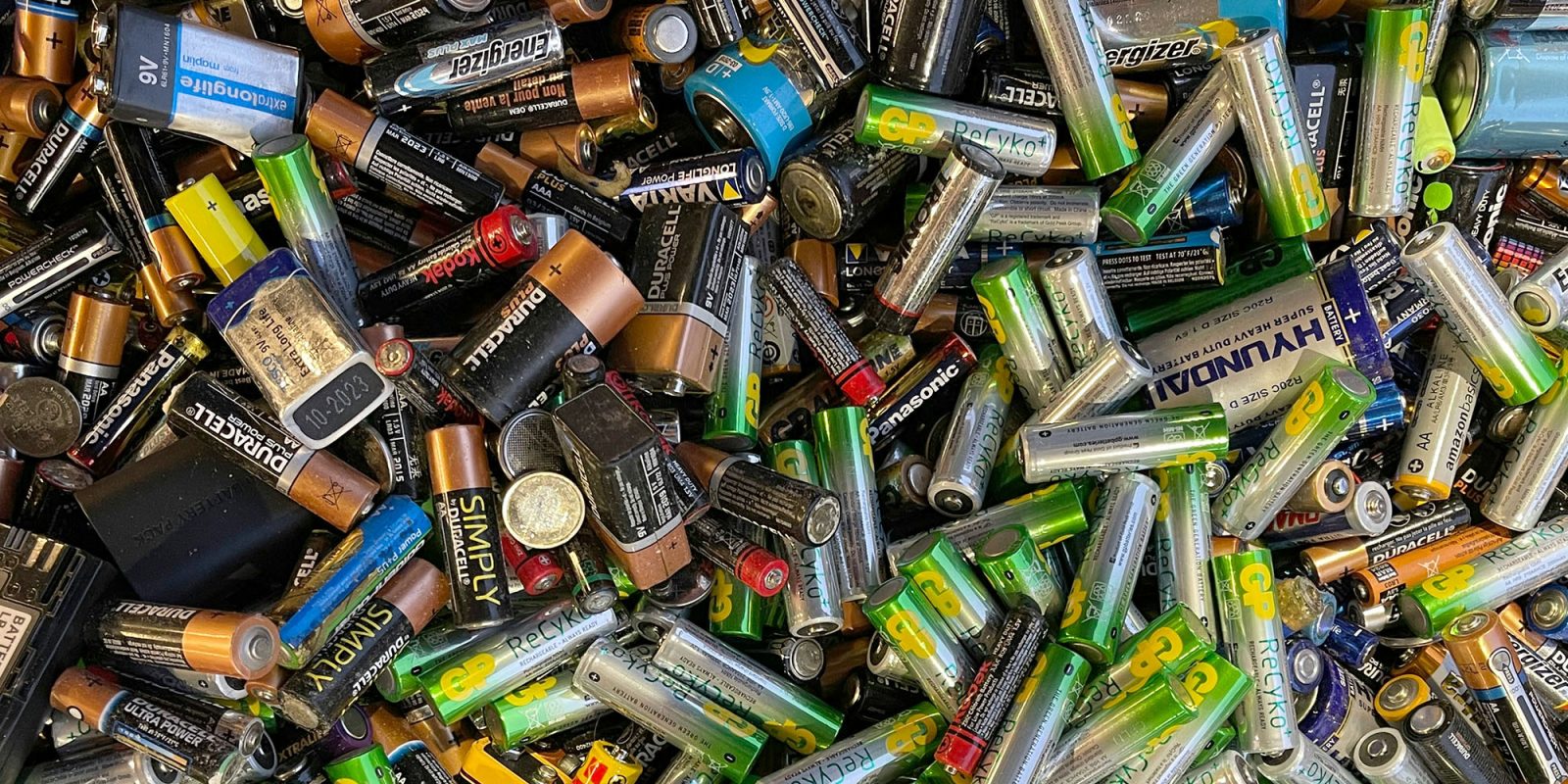
The Department of Energy has announced that it is funding 1,000 battery drop-off points across the US, where people will be able to hand in not just batteries but also smartphones and other electronic devices which are no longer worth anything on the resale or trade-in market …
The initiative is designed to solve an environmental problem, but also as a potential step in reducing the US dependence on China for raw materials.
Currently, disposing of consumer electronics devices can be a headache for consumers once they reach the point of being worthless on the used market. Most household garbage and recycling collections will not accept them due to the risk of fire.
You can already dispose of old smartphones at Apple Stores, whether iPhone or Android, but not everyone has one within easy reach.
The Biden administration this month announced a $14M scheme to pay other retailers to collect the batteries and devices for recycling. Items that will be accepted include smartphones, smart watches, laptops, and vacuum cleaners.
Wired reports that the aim is to process these devices to enable the rare elements they contain to be recycled for US manufacturing.
Disposing of batteries improperly isn’t just an environmental problem. The Department of Energy sees it as an economic problem as well. Many rechargeable batteries contain lithium, nickel, cobalt, graphite, and manganese—critical materials needed to make clean energy technologies, including wind turbines and electric vehicles. With EV sales growing in the US, more of these materials will be needed.
“Up to now, China has largely cornered the market on processing those, and in many cases on extracting them as well,” US Secretary of Energy Jennifer Granholm told WIRED in an interview. “We want to be able to create multiple ways for us to access those critical materials in the United States, and recycling is one component of that.” She added that US battery recycling capacity has been “very underutilized.”
The collection points will be at Staples and Battery Plus stores, chosen because they are easy for consumers to find, and because they are well-distributed across the country.
However, experts say that government funding is needed not just for collection, but also processing. That’s because it can currently be more expensive to recycle the materials than simply to import them from China.
Photo by John Cameron on Unsplash
FTC: We use income earning auto affiliate links. More.

 4 months ago
38
4 months ago
38







 English (US) ·
English (US) ·